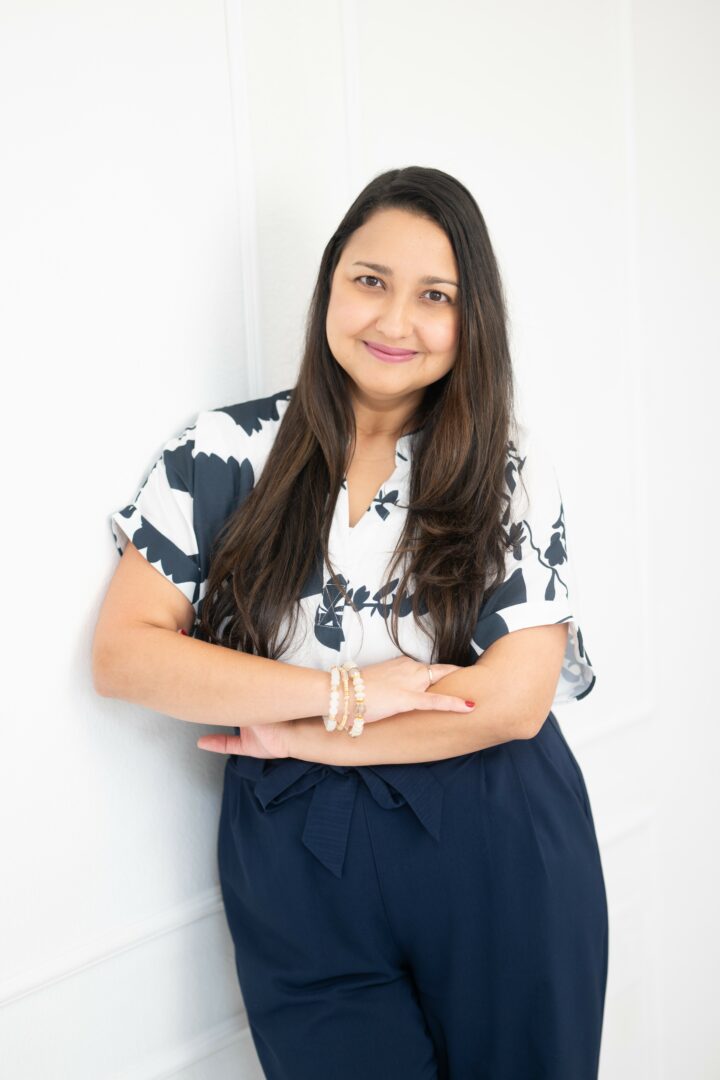We recently connected with Noraliz Nagarsheth and have shared our conversation below.
Noraliz , we are so happy that our community is going to have a chance to learn more about you, your story and hopefully even take in some of the lessons you’ve learned along the way. Let’s start with self-care – what do you do for self-care and has it had any impact on your effectiveness?
I am a big proponent of self-care. I am not always perfect at it; I think most individuals struggle from time to time to prioritize themselves, but I do believe that it is imperative to do so. I always tell my clients, “We are not robots; We have limits.” By prioritizing and implementing self-care, however, we can recharge and regain the strength to move forward in life.
The concept of self-care looks different for everyone, but for myself, I enjoy having “alone time”. This is the number one form of self-care that gives me the most benefits. However, with a toddler, a family, a home, and a business to care for, having alone time is less feasible. In exchange, I exercise, take time to learn French, and listen to books, podcasts, and music. By prioritizing these forms of self-care in my life, I ensure that I have moments to recharge and recuperate.

Let’s take a small detour – maybe you can share a bit about yourself before we dive back into some of the other questions we had for you?
I am a Licensed Clinical Social Worker with a private practice in Central Florida. I offer virtual individual therapy services for residents of Florida and Texas. Additionally, I have an office in Winter Park, Florida, where I provide in-person sessions for those who prefer face-to-face meetings.
I graduated from the University of Central Florida in 2013 and have worked in the field ever since. Throughout my career, I have worked with various populations but have developed a particular interest in helping individuals dealing with trauma, depression, and anxiety.
My therapeutic approach focuses on mindset work and solutions, utilizing Cognitive Behavioral Therapy (CBT) and Solution-Focused Therapy. I am also trained in Eye Movement Desensitization and Reprocessing (EMDR), which I use to assist clients who are struggling with trauma. Being a therapist is incredibly rewarding, and I find great satisfaction in helping individuals heal from their trauma and thrive in life.
In addition to my work with clients, I have recently ventured into mentoring by joining Alma’s Empowering Minds Mentorship Program. This program aims to provide financial assistance and emotional support to students pursuing education in the mental health field. Through this mentorship program, I have discovered a new passion for helping young mental health professionals explore their strengths, skills, and interests. Witnessing my mentee flourish and grow in her career has been incredibly gratifying.
Looking back, what do you think were the three qualities, skills, or areas of knowledge that were most impactful in your journey? What advice do you have for folks who are early in their journey in terms of how they can best develop or improve on these?
In my journey as a therapist, I’ve found that my compassionate, energetic, and determined nature has been crucial in connecting with my clients and helping them heal and progress. My advice to young therapists is to recognize their own strengths and interests, invest in continuing education that aligns with their practice, and build a wide range of coping skills and strategies to better help the people they work with.

Thanks so much for sharing all these insights with us today. Before we go, is there a book that’s played in important role in your development?
I love to read! To me, knowledge is power, and reading is a conduit to gaining knowledge. Reading has helped me develop valuable skills for both myself and my clients. When I think about influential books, the first one that comes to mind is “Boundaries” by Henry Cloud and John Townsend.
The book begins by illustrating how chaotic and miserable life can be without boundaries. It explains the concept of boundaries, their impact on our lives, and offers tips and strategies for establishing them while managing resistance. The most valuable lesson I learned from this book is that boundaries are healthy and not selfish; we have the right to set them regardless of what others may think.
Moreover, implementing boundaries allows us to achieve emotional well-being and self-empowerment, build healthier relationships with ourselves and others, improve communication, develop conflict resolution skills, and prevent burnout.
Contact Info:
- Website: https://transformativepathwayspllc.com/
- Other: Psychology Today:
https://www.psychologytoday.com/us/therapists/noraliz-nagarsheth-winter-park-fl/1035037
Image Credits
Shay Walker
https://www.shaywalkerphoto.com/
so if you or someone you know deserves recognition please let us know here.




